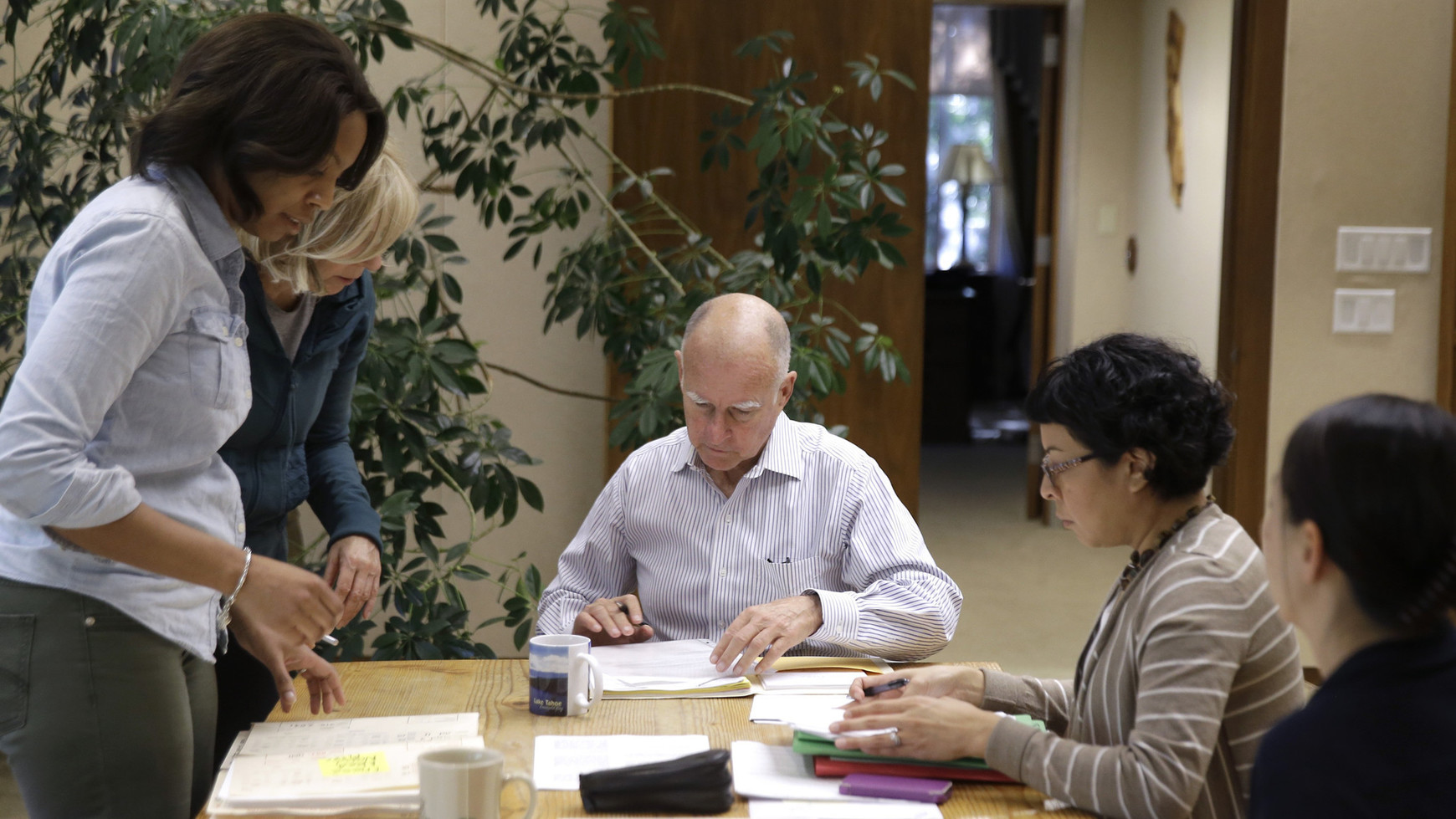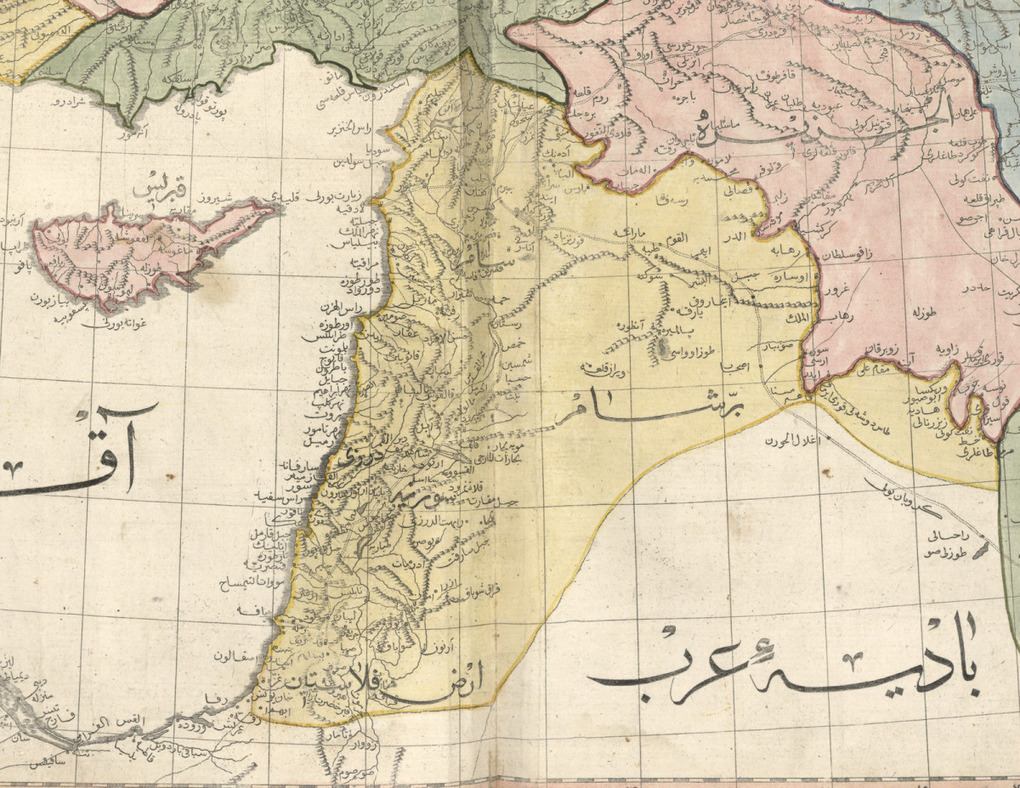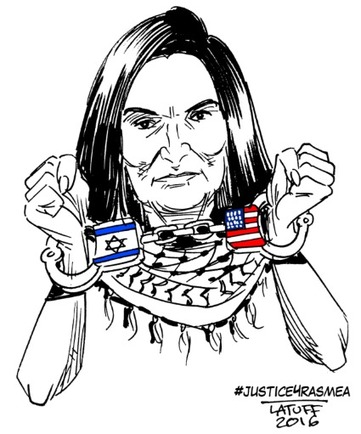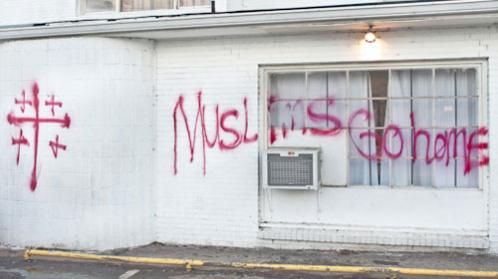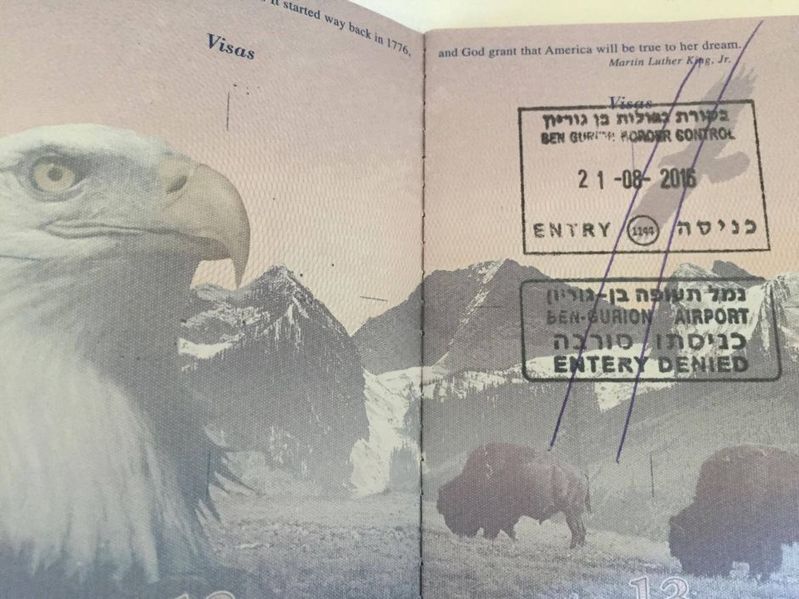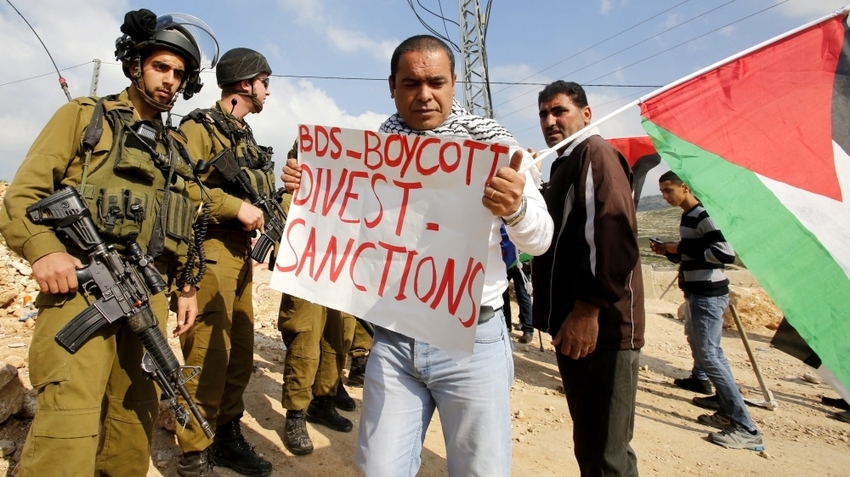LA Times Urges California to Veto Anti-BDS Bill
The Times Editorial Board
The LA Times
The California Legislature had a busy final few days in August, passing about 800 bills, not counting the hundreds passed earlier in the year. Some are mundane, some profound. But all will go now to Gov. Jerry Brown for his approval. He has until the end of September to sign or veto them.
If history is any guide, the governor will allow most of the bills to become law, vetoing just a few. The following bills would do more harm than good, and so belong on his “To Veto” list.
Start with AB 2888 and SB 813. Two big news stories prompted these flawed proposals. The former stemmed from the outrage over the sentencing of Brock Allen Turner, the Stanford student found guilty of sexually assaulting a female student when she was unconscious. The judge gave Turner just six months for three felony convictions.
It was a shockingly light sentence, but AB 2888 is not the answer. It would eliminate judges’ discretion to place offenders on probation, rather than incarcerating them, when they’ve committed a sexual assault on someone who’s unconscious or too intoxicated to resist. Not only is this an ill-considered reaction to one headline-grabbing case, but it would reinstate a type of mandatory sentencing at a time when criminal justice experts and policymakers are correctly trying to move in the opposite direction.
SB 813 was a response to rape accusations against actor and comedian Bill Cosby last year. Because California’s statute of limitations for sexual assaults is 10 years, some of the alleged sexual assaults by Cosby could not be prosecuted. But statutes of limitations exist for good reasons. They can help victims see justice in a timely manner by setting a deadline for prosecutors to bring charges. They also protect the rights of the accused. It’s very hard to defend against accusations of crimes committed decades before. Besides, there is already an exception to the time limit for DNA evidence that turns up new suspects in old cases.
AB 2844 is a much-amended bill that in an earlier version would have prohibited the state from entering into contracts with companies that participated in a boycott of Israel. After 1st Amendment objections were raised, the bill was revised (and re-revised) so that now it prohibits would-be contractors from violating existing civil rights laws as part of “any policy that they have adopted against any sovereign nation or peoples recognized by the government of the United States, including, but not limited to, the nation and people of Israel.”
This legislation isn’t necessary to protect anyone from discrimination that is already against the law. It’s essentially a symbolic gesture designed to express disapproval of the so-called Boycott, Divestment and Sanctions movement. Public officials are free to denounce that movement as individuals, but they shouldn’t clutter the statute books with redundant legislation.
AB 717 and AB 1561. These bills would, respectively, waive the sales tax on diapers and on tampons, among other products used by menstruating women. Making such products less expensive for low-income people seems like an easy way to do a little good. Why not give harried parents of newborns a break on all those Pampers? And tampons are not luxuries for women either.
It’s a great headline, but in the end these waivers wouldn’t make much of an impact on a poor family’s wallet — while also extending an unneeded benefit to middle- and upper-income consumers. What needy families could really use are state credits and vouchers. Losing $56 million in tax revenue from the diaper and tampon exemptions would make it harder to fund such programs. The state’s tax policy could surely use an overhaul, but this is the wrong way to do it.
AB 2147 would authorize police to impound vehicles used in connection with soliciting prostitution. Although officers already have the authority to impound vehicles used in other suspected crimes, we oppose extending that power on the principle that people ought not to be punished or have their property seized before they are convicted of a crime.
This is not a comprehensive list. Surely there are more stinkers among the hundreds that slipped through with little notice. Here’s hoping that Brown will root them out and take appropriate action.
Source: www.latimes.com




